When I arrived at the Hungarian embassy in Bucharest, a good ten years ago, the advanced state of negotiations suggested that Romania was likely to be admitted to the Schengen area during my four years of diplomatic service. This did not happen, as the Netherlands and Austria blocked accession for a long time, citing corruption and shortcomings in the judiciary; later, Austria's government added the increase in illegal migration to the list of these partly justified objections.
However, the Hungarian presidency of the Council of the European Union achieved a historic success by getting the full accession of Romania and Bulgaria signed this year. Soon, what the border crossing into Transylvania used to be will become just a distant bad memory.
Crossing the border was normalized in the decades after the fall of the Romanian dictator thirty-five years ago, but the completely free land crossing from January 1, 2025 will bring a new quality. Not only for truck drivers and businesses, and for millions of Romanian guest workers in the West, but also for our largest ethnic Hungarian minority and for relations with the mother country.
The lifting of border controls between Hungary and Romania on January 1, 2025 can be truly appreciated by those who were often kept waiting, searched and occasionally intimidated at the border during the dark years of the Ceausescu dictatorship. Like the writer of these lines, who, from the 1970s onward, regularly crossed the Eastern Iron Curtain, not as a diplomat but as an ordinary university student with sound national sentiments. At the border crossing point at Bors, we usually had to wait for hours for the Romanian border guard to finally approach our car, even if there was no one in front of us. A gift of soap or a packet of cigarettes, almost obligatory at customs, was only good for not having to completely unload the trunk.
On one occasion I wanted to bring to Hungary an artistic carving by the famous Kudor family living in Banffyhunyad (Huedin).
I was not allowed to.
They didn't confiscate it, that's true, they just told me to take it back. I handed it over to parish priest Jozsef Tempfli, the later bishop, for safekeeping at the Nagyvarad-Olaszi (Oradea) parish. I arrived at the border again, now without the carving. However, in the meantime, there was a shift change at the customs office. I could hardly believe my eyes: the customs officer who turned me back was already hoeing the corn on his land near the border crossing. From the cornfield, he signaled to his shift partner that he could leave me alone, because I had already been checked.
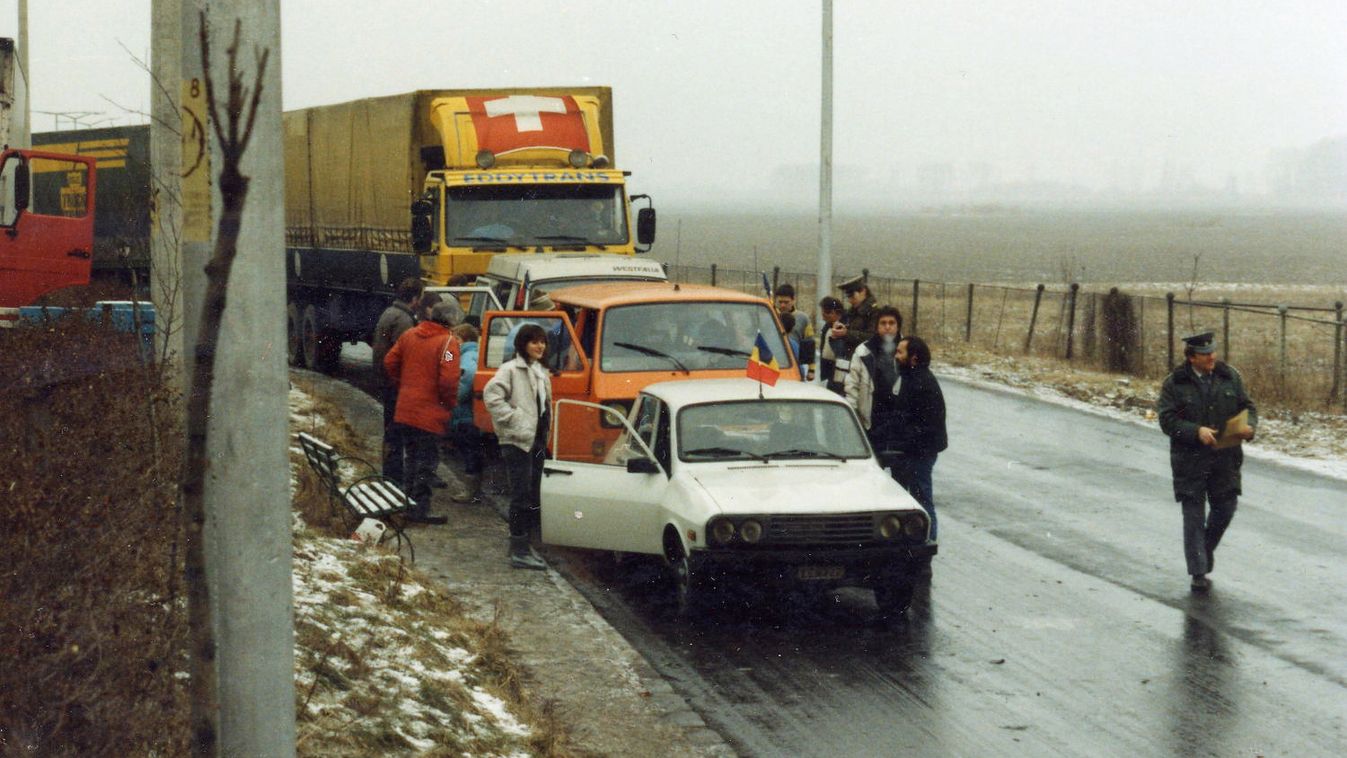
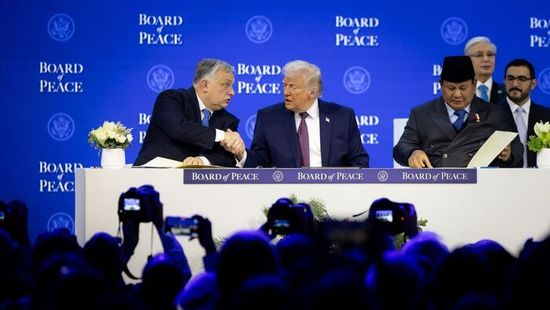

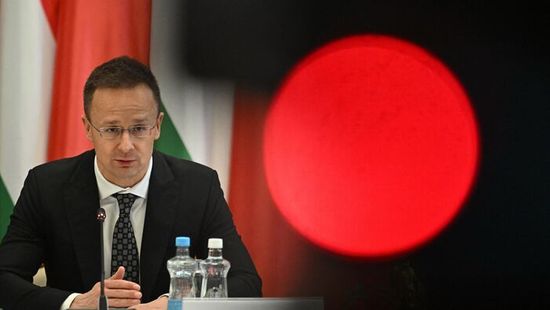
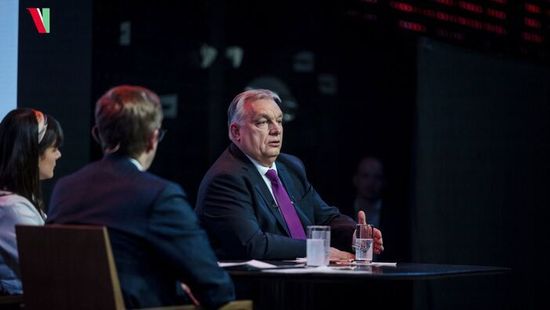

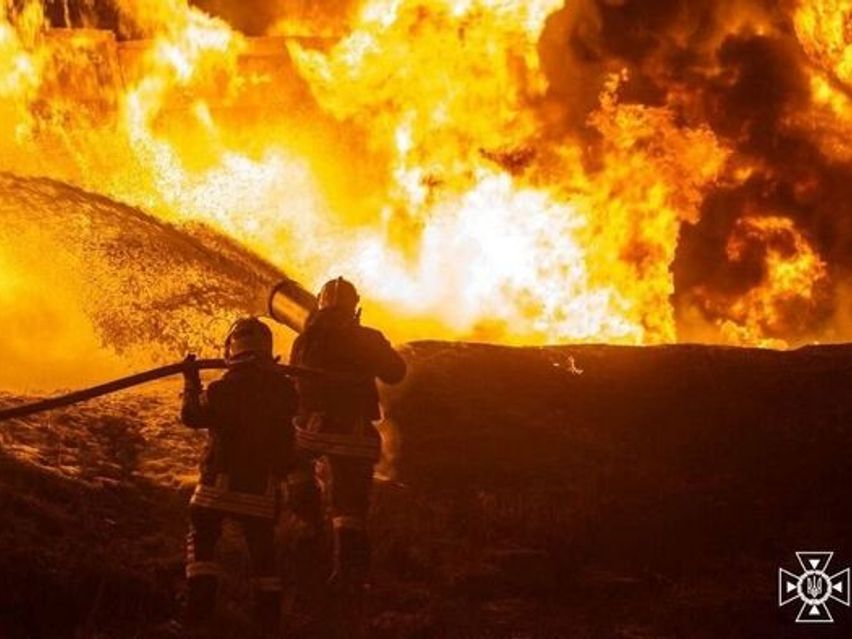
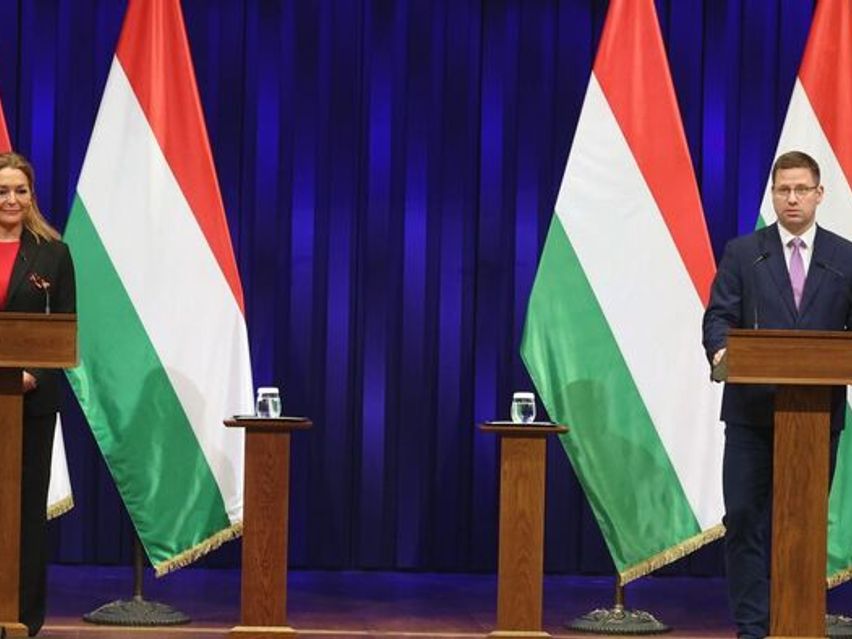

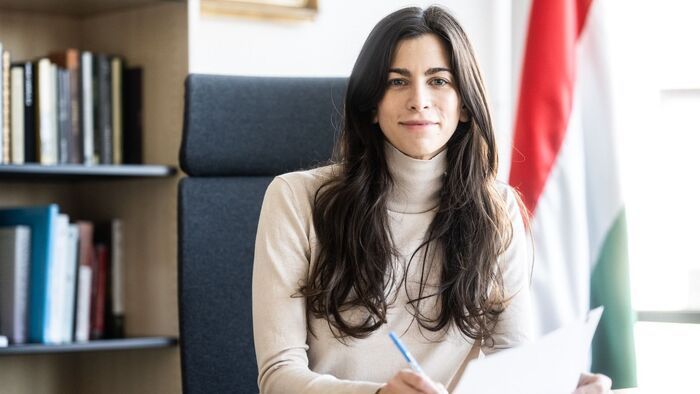

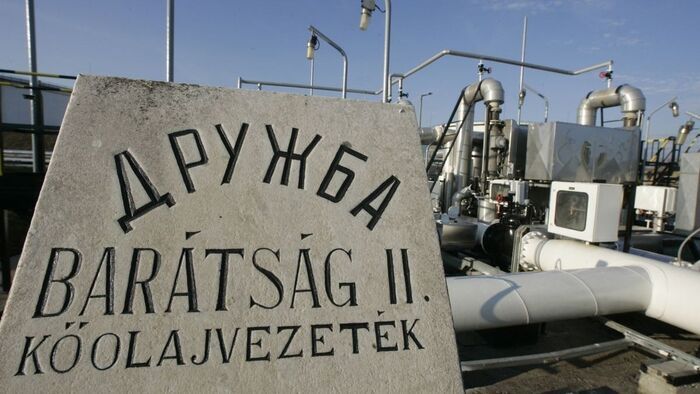
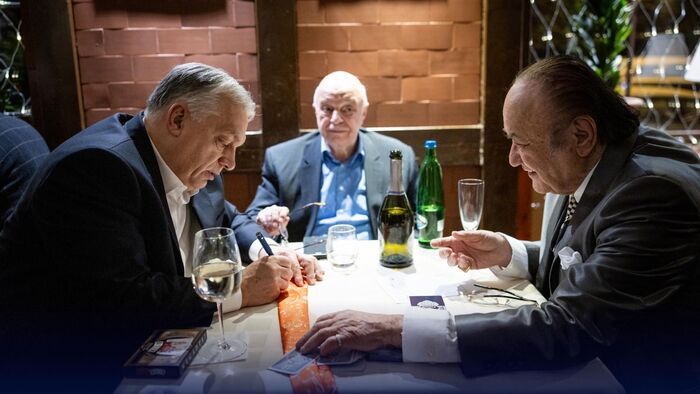
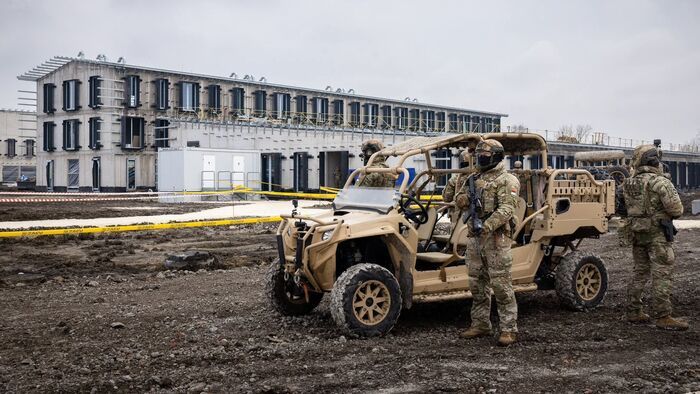

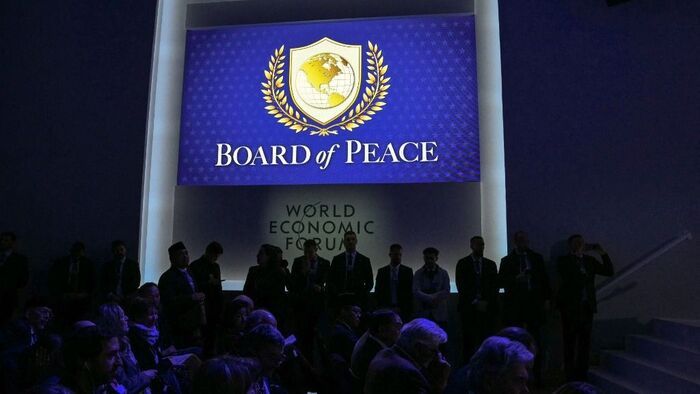
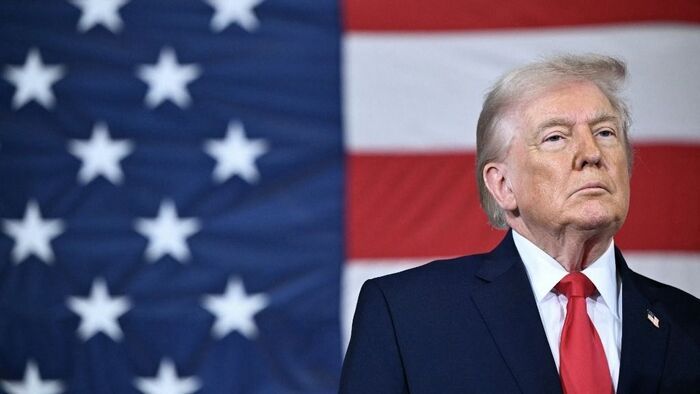
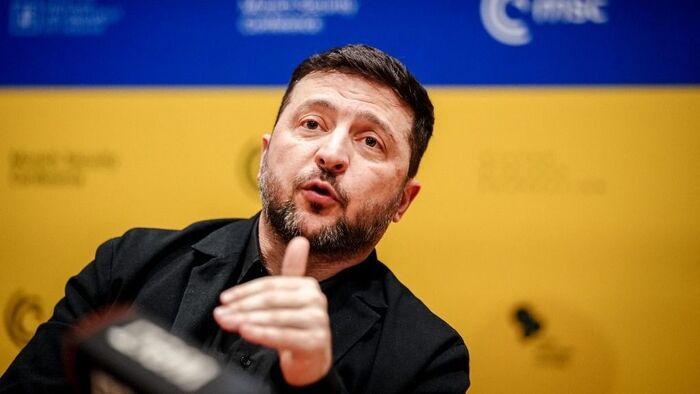

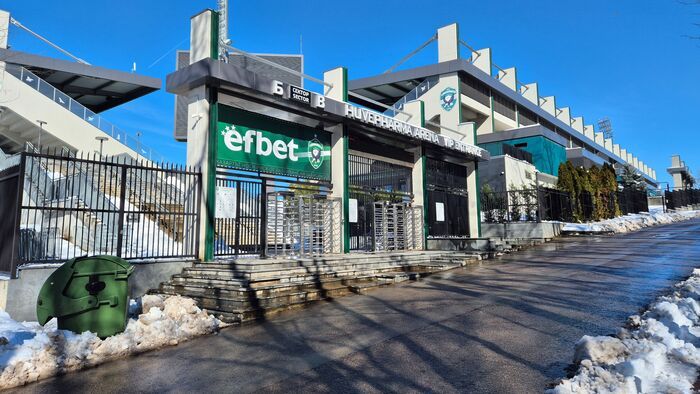
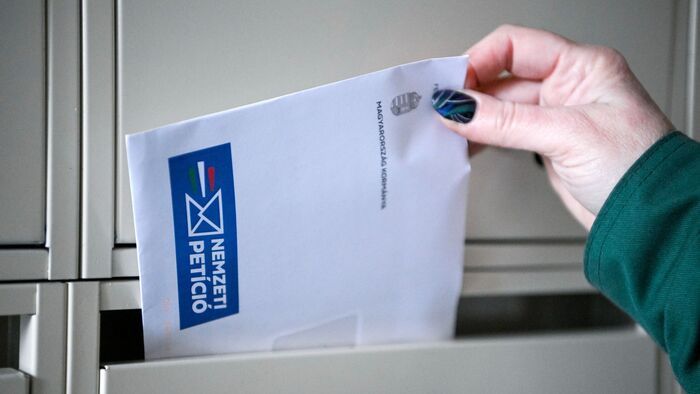

Szóljon hozzá!
Jelenleg csak a hozzászólások egy kis részét látja. Hozzászóláshoz és a további kommentek megtekintéséhez lépjen be, vagy regisztráljon!